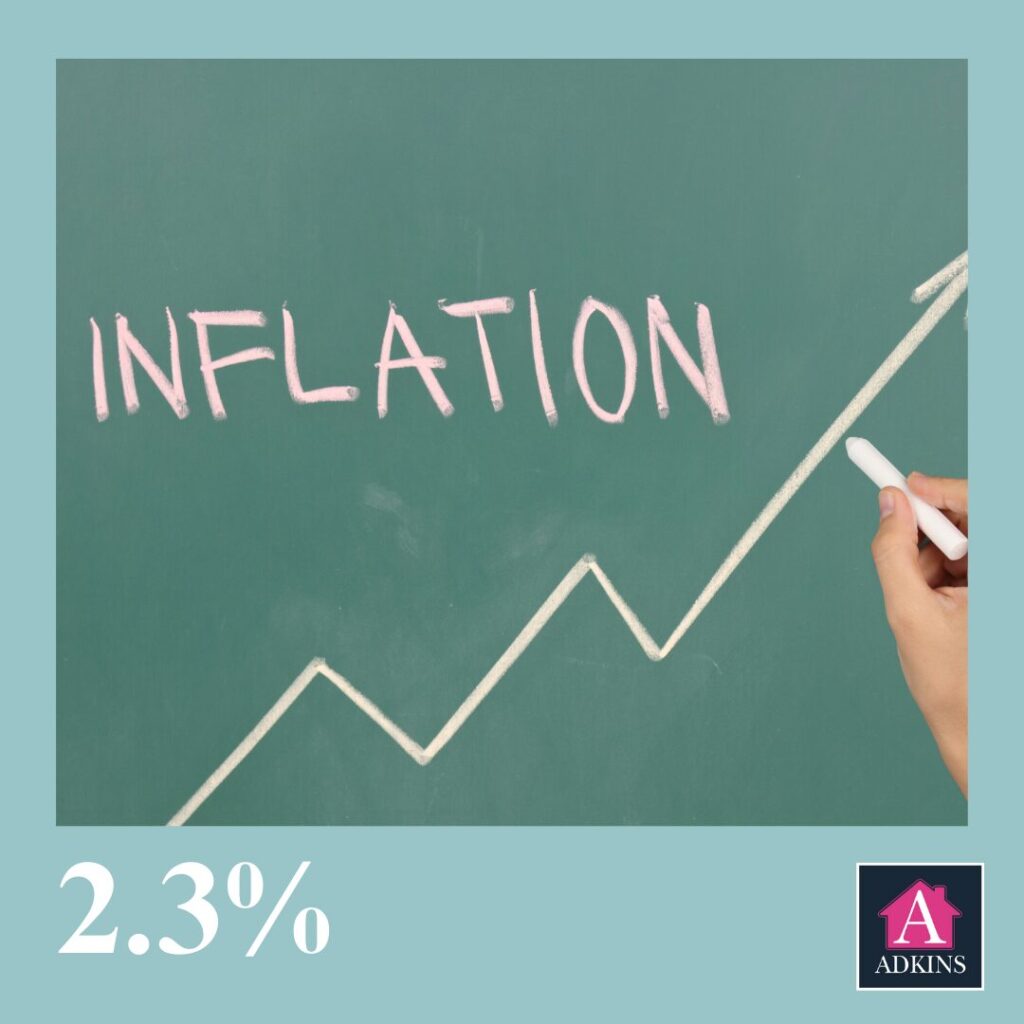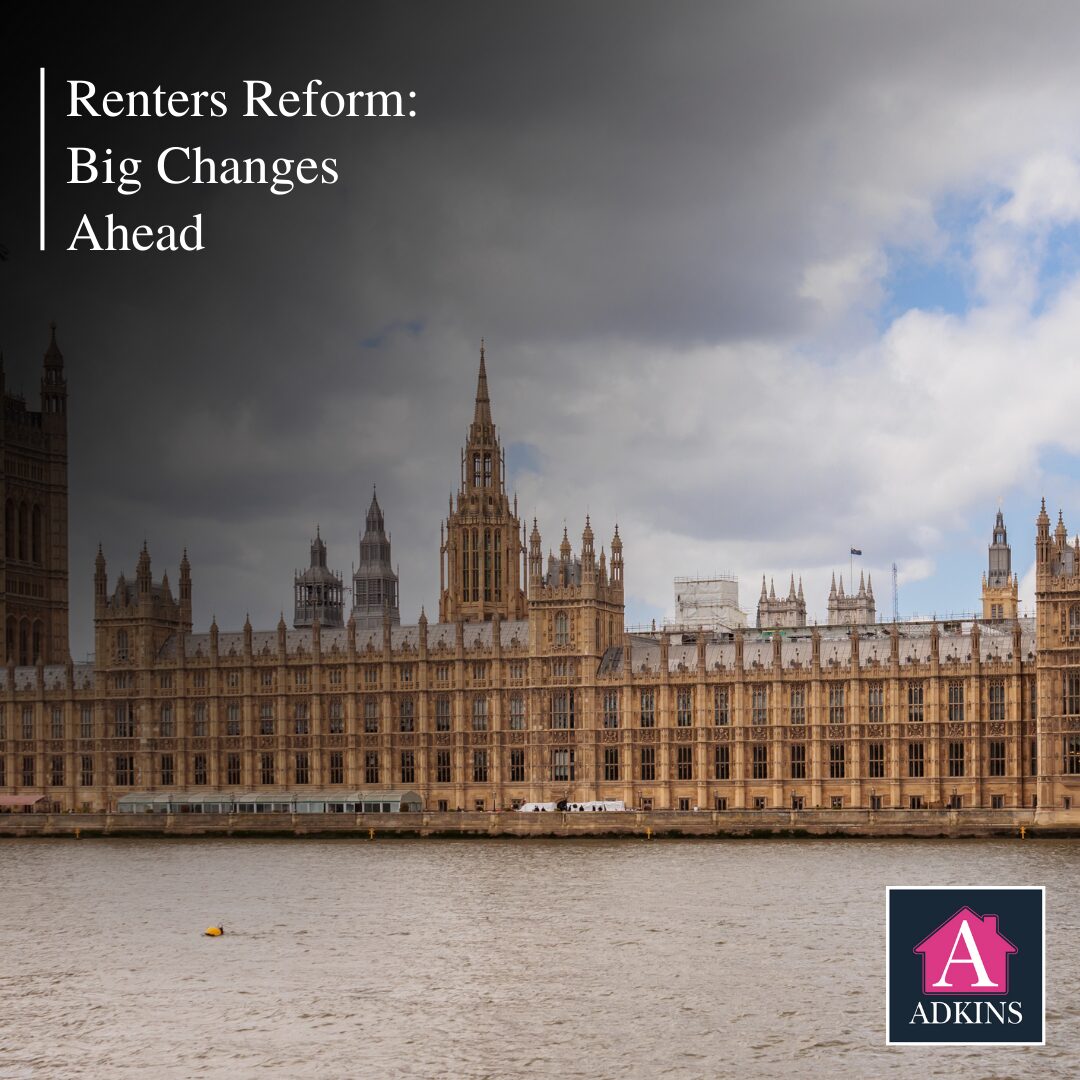The UK inflation rate jumped to 2.3% in October, a significant rise from 1.7% in September, marking the largest monthly increase in two years. This sharp uptick highlights mounting pressures on household budgets as the cost of goods and services climbs across the board.
What Is Driving the Increase?
Key contributors to October’s inflation surge include:
- Energy Prices: Rising global oil and gas costs have translated into higher energy bills for households and businesses.
- Food Prices: Supply chain disruptions and increased production costs have led to noticeable price increases for everyday groceries.
- Transportation Costs: Fuel prices continue to climb, coupled with higher costs for vehicle maintenance and public transport.
The surge comes amidst ongoing economic challenges, including lingering effects from the pandemic, geopolitical tensions, and fluctuating currency markets, all of which are driving up production and supply costs.
What Does This Mean for Households?
For the average household, a higher inflation rate means reduced purchasing power. Essentials such as food, fuel, and utilities are becoming more expensive, squeezing disposable income and leaving less for savings or discretionary spending.
Impact on the Property Market
Rising inflation often sparks concerns about interest rates. If inflation persists above the Bank of England’s 2% target, further interventions may follow, potentially increasing borrowing costs. For homeowners and buyers, this could translate into higher mortgage repayments, further impacting affordability in the housing market.
Looking Ahead
Economists are closely watching how inflation evolves in the coming months. While the Bank of England has previously acted to stabilize inflation, today’s rate cut to 4.75% suggests a careful balancing act between supporting growth and managing rising prices.
For now, businesses and consumers alike are urged to prepare for potential continued price increases and to manage budgets accordingly.







